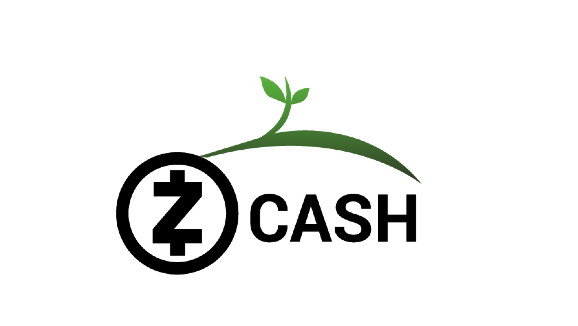America’s Biggest Bank Digs Anon Cryptocurrency
Whatever JPMorgan Chase CEO Jamie Dimon meant last month when he called Bitcoin a “fraud,” he sure doesn’t seem to view its blockchain in the same way. His bank is at the forefront of the effort to adapt the tech for use in the financial industry. Even more surprising, though, is JPMorgan’s collab with the people behind a digital currency that’s like Bitcoin except completely anonymous.
It would be understandable if Dimon and other bank CEO’s viewed Bitcoin and its cryptocurrency siblings as a pertinent threat. After all, Bitcoin, launched during the height of the Great Recession, shows it’s possible to use software and thousands of computers connected via the Internet—instead of a bank—to facilitate the peer-to-peer exchange of funds. The computers in the network maintain a secure ledger of each and every transaction, called a blockchain, and use it to prevent counterfeiting.
No matter what bank executives think about Bitcoin’s currency, though, they see in its blockchain a revolutionary platform that could lead to more reliable, secure , and cost-effective systems for managing all kinds of financial transactions.
It’s early, though, and most of the work on so-called “enterprise blockchains” is experimental at best. What’s not yet clear is the degree to which financial institutions can adapt the tech to their own needs without sacrificing its advantages—particularly its decentralized nature, which is the key to protecting the info in the ledger from being corrupted.
Privacy is a particularly complicated challenge, as well. Contrary to widespread perception, cryptocurrencies like Bitcoin and Ethereum are not anonymous. Users are represented on the public ledger by a string of characters called an address. Someone who manages to connect your identity to your address can see every transaction you’ve ever made.
That model does not work for financial institutions, says Amber Baldet, blockchain lead at JPM. Not only are they bound by antimoney-laundering law to know exactly who their customers are, but their customers want to transact in confidentially. Shifting from Bitcoins privacy model to one in which participants are known but their transactions are confidential—while maintaining the benefits of a blockchain—is a nontrivial endeavor, says Baldet.
Fortunately for Baldet’s team, the problem is similar to another one that already seems to be solved: cryptocurrency that is as private as cash. In June, JPMorgan announced that it would team with the developers of Zcash, a year-old cryptocurrency whose Bitcoin-derived software gives users the option to shield their transactions from the public eye. Last month, the bank revealed that it had integrated Zcash’s privacy tech into Quorum, its open-source, Ethereum-derived, permissioned blockchain platform.

Zcash relies on an emerging crypto protocol called a zero-knowledge proof. One of several techniques that make it possible for cryptocurrency users to hide their transactions, zero-knowledge proofs are generating an enormous amount of excitement in the blockchain world, largely because of the mind-bending power they can give a user: the ability to prove something about yourself to someone else without having to reveal any additional information.
In the case of Zcash, users can use this method to prove that they have sufficient monies to make a valid transaction. In an enterprise system like JPMorgan’s Quorum, clients could use it to do things like prove they are accredited investors and the like.
Zooko Wilcox, the CEO, says Zcash’s ultimate goal is to “provide economical opportunity and financial freedom to every human.” He calls Zcash’s openness—as with Bitcoin, anyone can join the network—a “moral imperative,” and his team is chock full of world-famous crypto experts who share his vision.
The Question: Why would a tiny startup made up of crypto-idealists team up with America’s largest bank, the very kind of centralized authority that Bitcoin was designed to circumvent?
Wilcox and his colleagues seem, above all else, devoted to advancing zero-knowledge tech —whether that be in open blockchain systems like Zcash, Bitcoin, and Ether or in the private networks that financial institutions are building. In a statement last month touting JPMorgan’s integration of zero-knowledge functionality, Wilcox said, “The momentum that is growing behind enterprise blockchain adoption is one of the most thrilling trends in technology.”
The fact that JPMorgan is interested in the same cutting-edge privacy technology so attractive to cryptocurrency geeks is not surprising at all, says a computer scientist at Cornell University. Zero-knowledge proofs are not about skirting the law, he says, but about proving things though selective disclosure. That promises to have plenty of applications in the world JPMorgan inhabits. “The finance industry thrives on privacy,”
What are your thoughts on Zcash and the blockchain share them in the comments.
Congratulations @cryptobuzznews! You received a personal award!
Click here to view your Board of Honor
Do not miss the last post from @steemitboard:
Congratulations @cryptobuzznews! You received a personal award!
You can view your badges on your Steem Board and compare to others on the Steem Ranking
Vote for @Steemitboard as a witness to get one more award and increased upvotes!